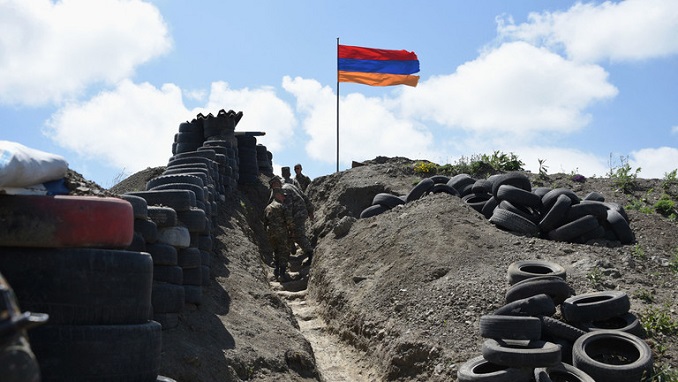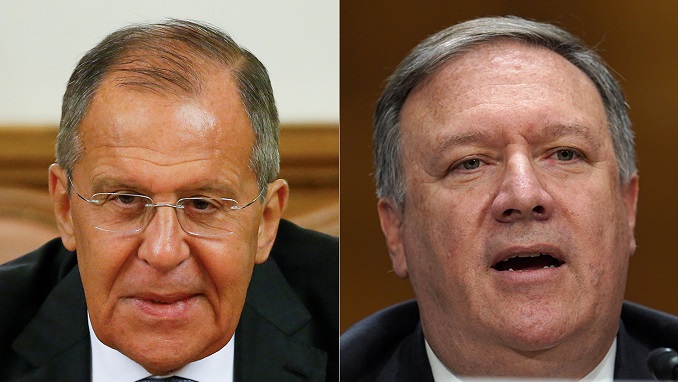Today’s UN experts applauded Armenia resolve to stop the widespread use of mercenaries and private security personnel, but they also called for more control and a stronger integration of human rights considerations into its domestic policies, a press release writes.
The UN Working Group on the Use of Mercenaries and Private Military and Security Companies visited the nation on an eight-day official tour and gathered data about the policies and procedures that make using mercenaries illegal. They also concentrated on the actions of private security firms and how those actions affected human rights.
The experts said in a statement released at the conclusion of the visit that Armenia stands out in its efforts to incorporate the 1989 UN Convention on Mercenaries into its domestic legislation, particularly in Article 147 of the Criminal Code which provides for a definition of mercenarism in compliance with international law.
The experts learned that two Syrian citizens were found guilty of participating in military operations during conflicts by a regional court in Kapan, using the legal framework that makes mercenarianism illegal. The defendants received life sentences following a one-day trial in May 2021.
The experts advised the Armenian courts to ensure that a victim-centered approach be used going forward because the application of the law is still in its infancy.
The use of private security firms in the nation was also disclosed to the experts.
According to the experts, Armenia has introduced a cyber security reform. They called on the government to guarantee that the legislation governing the involvement of private security in cyber activities is in line with human rights.
The UN experts raised worry about the purported involvement of private security contractors in dealing with local people’ worries about the impact of these businesses on their livelihoods and human rights in light of the growing use of private security firms by extractive industries.
The experts suggested that an autonomous supervisory mechanism should be put in place to monitor and supervise the private security sector. They also recommended that private security guards should receive consistent training on how to provide security services that are compliant with human rights and sensitive to gender issues.



